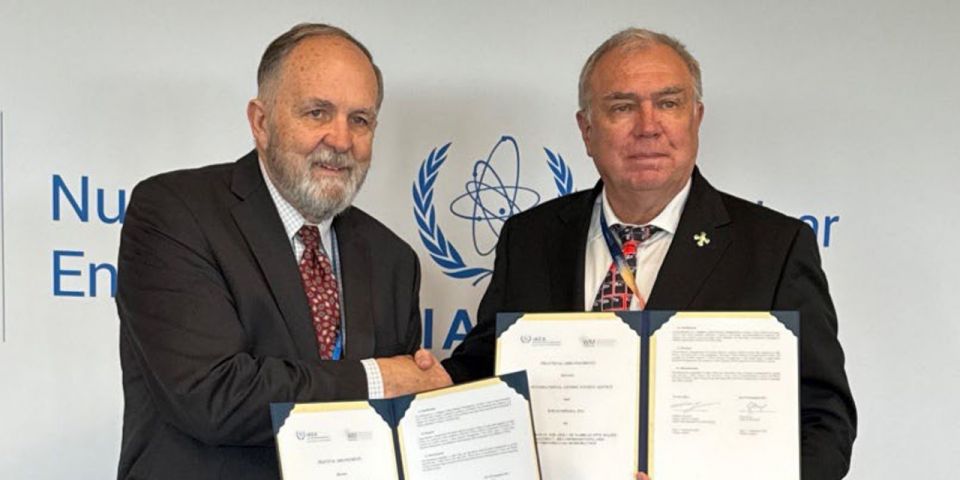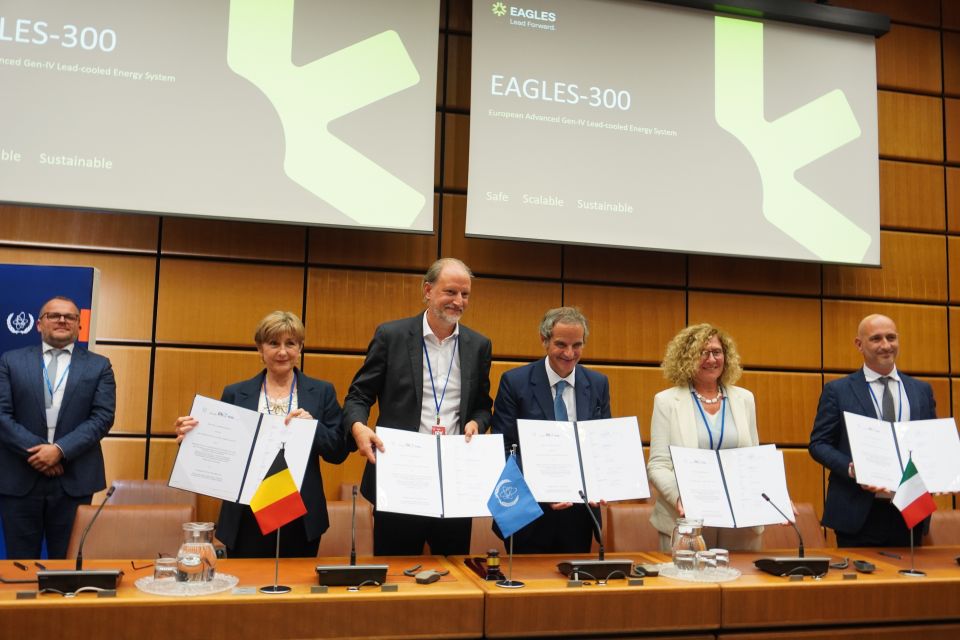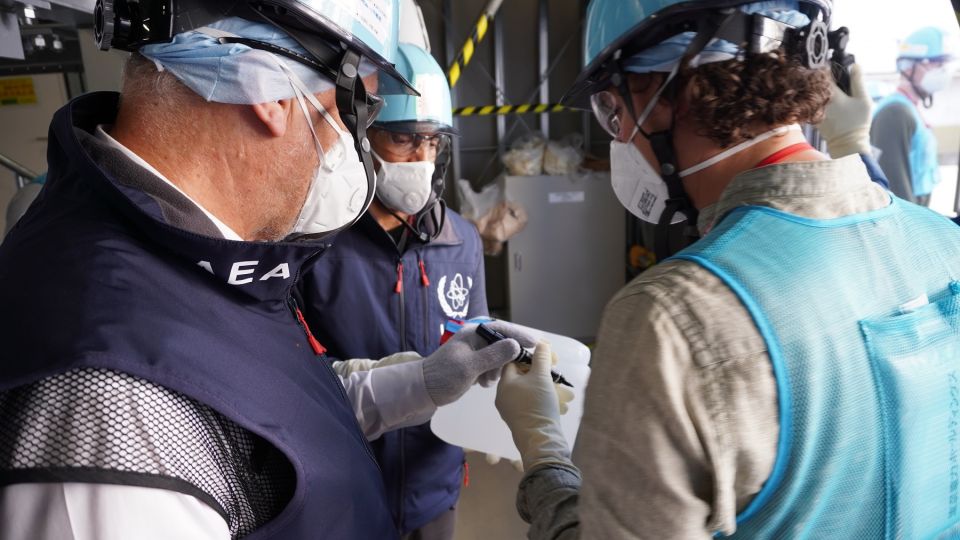Indonesia, Malaysia, and the Philippines have each applied nuclear technology to plastic recycling under three unique regional technical cooperation projects linking national nuclear institutions with private-sector companies. In 2024, those programs became formal partnerships developing prototype recycling facilities. The IAEA describes their work in an article, “Reduce, Reuse, Irradiate: IAEA Supports Partnerships in Asia and the Pacific to Recycle Plastic Waste,” published January 9.
Indonesia: Companies in Indonesia’s polymer industry have traditionally used chemical crosslinking to manufacture polyethylene (PE), but ionizing radiation–induced crosslinking could produce better products without high temperatures and pressure, and without toxic chemical residues, according to the IAEA.
Indonesian wood-plastic composites producer PT Viro formally entered a partnership with Indonesia’s National Research and Innovation Agency (BRIN) in June 2024. The collaborators will introduce radiation technology into the manufacturing process for wood plastic composites using recycled plastics, the IAEA said. While researchers at BRIN develop the new technology with IAEA support, PT Viro will provide materials, conduct stress tests, and plan for large-scale production.
Tita Puspitasari, head of BRIN's Radioisotope, Radiopharmaceutical and Biodosimetry Technology Research Center, said the collaboration is “focusing on upcycling to add value to the final product.”
Malaysia: The Malaysian Nuclear Agency has entered partnerships with two private companies, HDD Technology and Alam Flora Environmental Solutions, on upstream recycling of PE products and polytetrafluoroethylene (PTFE) products. While PE is typically used to produce plastic bags and other packaging, PTFE’s uses include nonstick or waterproof coatings, electrical insulation, and lubricants.
HDD Technology will supply PTFE waste to the Malaysian Nuclear Agency for electron beam irradiation to transform the PTFE into a plastic micropowder. Micropowders are used as industrial additives to improve the properties of oils, paints, and other products, according to the IAEA. Plans are in place to develop a laboratory-scale prototype to validate the pilot-scale production of PTFE micropowder.
“Collaborating with industry partners helps to guide market-driven or needs-based research,” said Teo Ming Ting, a research scientist in the Radiation Processing Technology Division of the Malaysian Nuclear Agency. “This collaboration facilitates access to the right materials sources, optimizes resource utilization, and enables early-stage testing of laboratory products to meet industry requirements.”
In its collaboration with Alam Flora Environmental Solutions—formalized in January 2024—the Malaysian Nuclear Agency is using electron beam and gamma irradiation to degrade PE plastics to manufacture pyrolysis oil, which can substitute for industrial fuels such as furnace oil, according to the IAEA.
The Philippines: Rapid population growth and urbanization have led to a housing crisis in the Philippines. The nation’s population of nearly 110 million faces a shortage of approximately 6.5 million homes, which, according to the IAEA, is projected to increase to 22 million homes by 2040. The Philippine Nuclear Research Institute (PNRI) and Envirotech Waste Recycling Inc. formed a partnership in July 2023 to address the country’s housing crisis and its plastic waste problem by building homes with construction materials made from recycled plastic—with thermomechanical properties enhanced by radiation.
Plastic tiles, bricks, lumber, and boards are among the products that Envirotech is providing to PNRI for irradiation to improve their tensile and sheer strength, abrasion resistance, and other mechanical properties. The work corresponds with the objectives of the Philippines’ Post-radiation Reactive Extrusion of Plastic Wastes (PREx Plastic) project, a national development plan supported by NUTEC Plastics.
As part of the collaboration, Envirotech’s facility is being used to scale up experiments. “This enables the investigation and translation of lab-scale findings to real manufacturing setups,” said Jordan Madrid, head of PNRI’s Chemistry Research Section.




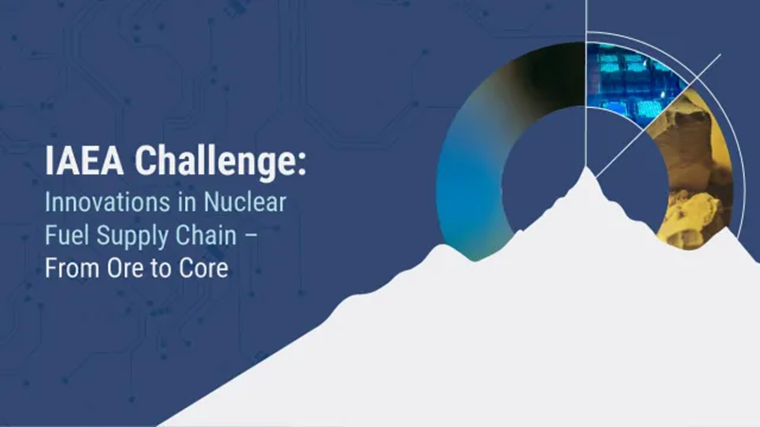
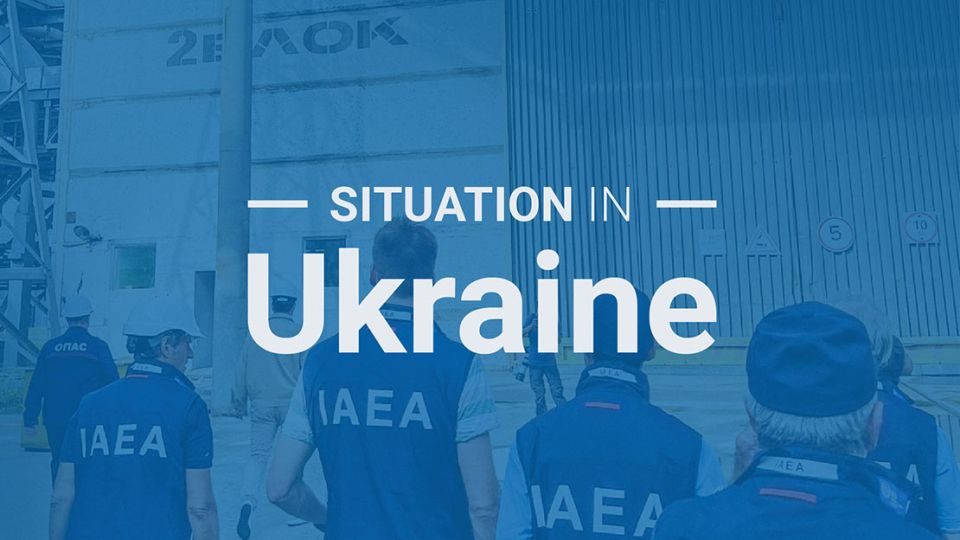
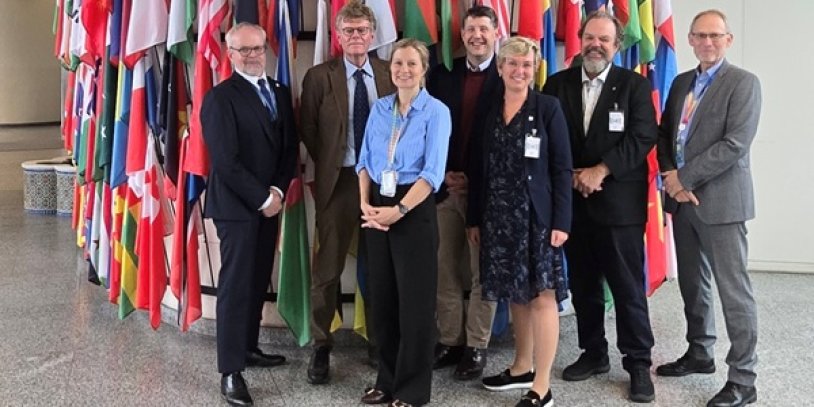
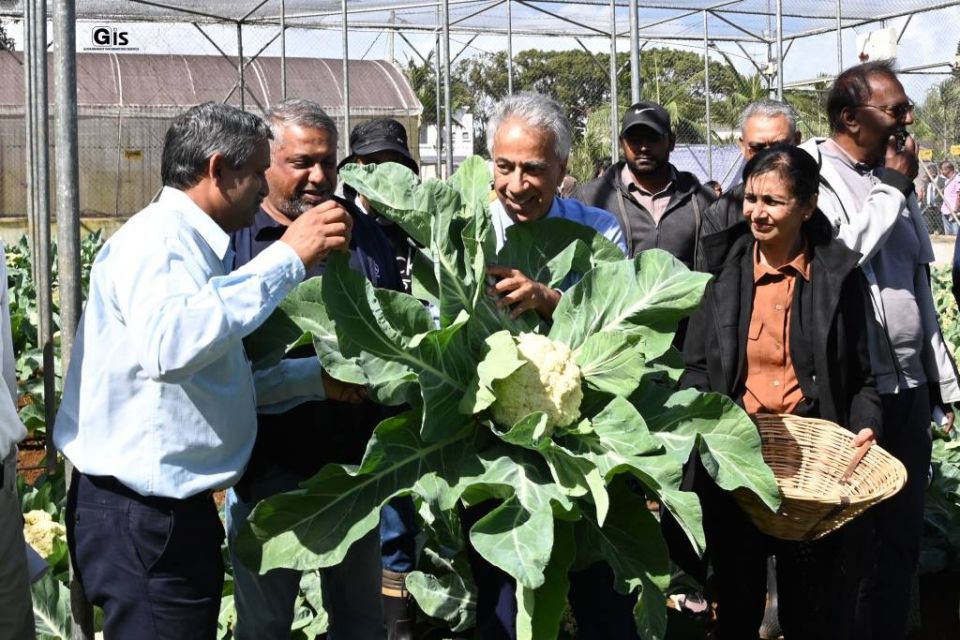.jpg)
